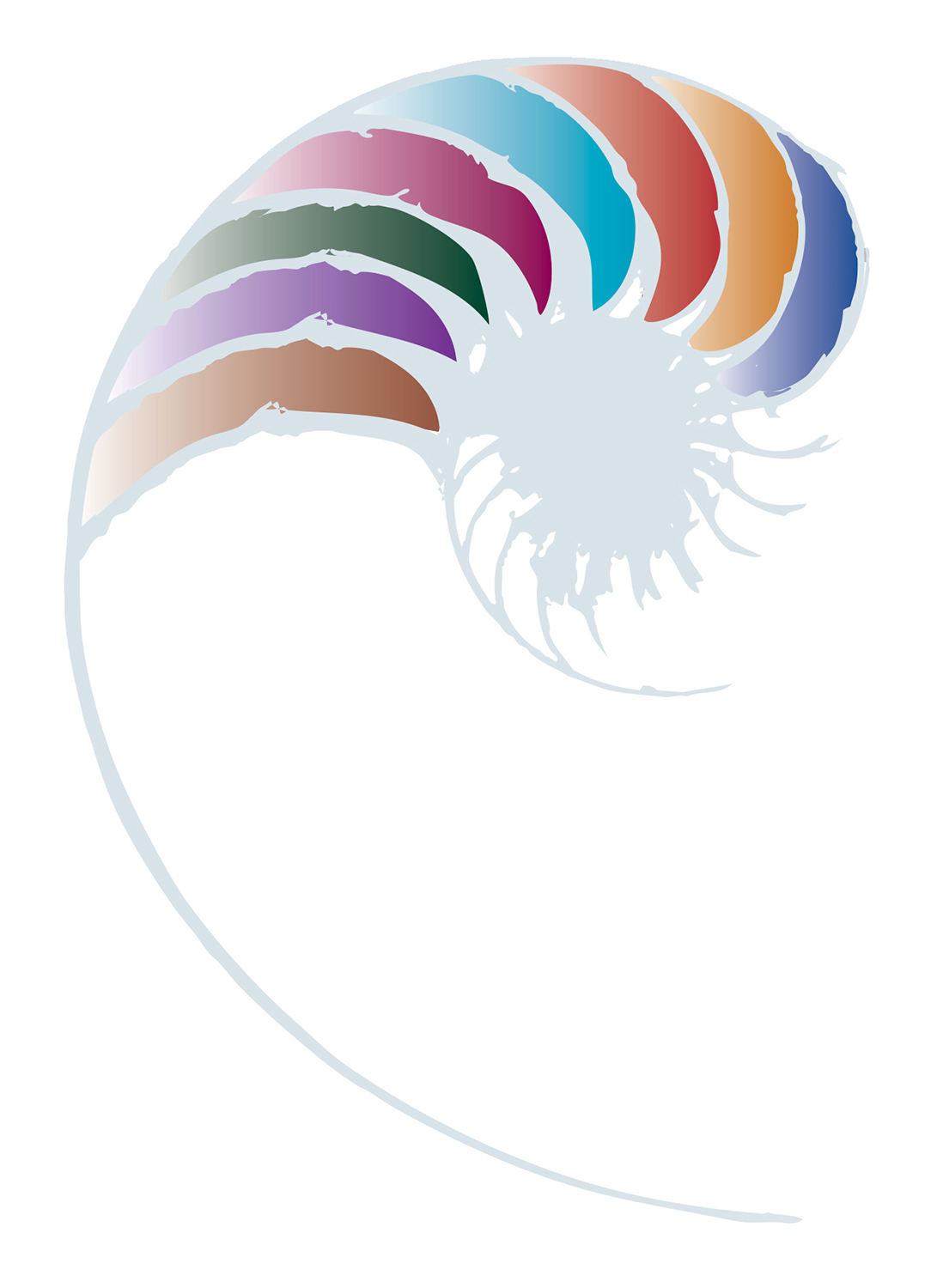Weaving Te Whāriki with Playcentre philosophy
Enacting local curriculum in a Playcentre

Key point
- Enacting localised learning priorities
Kaniere Playcentre is located on the outskirts of Hokitika and caters for children aged from under two years to school age. The Playcentre philosophy strongly influences their curriculum alongside the strands of Te Whāriki and the children’s development of dispositions.
Parents worked together to identify the following priorities for children’s learning:
- to grow and develop positive and useful skills, knowledge, and attitudes
- to be affirmed as individuals
- to develop generosity of spirit, respect, endeavour, aroha, and integrity.
Teaching practices at the Playcentre reflect these priorities.
Assessment of children’s learning shows children’s involvement in the curriculum and highlights next steps. Links to the principles and strands of Te Whāriki and dispositions are included, along with notes about how these are being supported.
All parents contribute to profiles and openly discuss children’s learning with other parents. Programmes for individual children focus on a relevant strand and goal from Te Whāriki and dispositions to be developed. They also make specific suggestions about how to support each child’s further learning.
Curriculum planning sheets bring together individual programmes and information from parents. Parents reflect on each session and discuss assessment information to inform future sessions. Planning meetings each term focus on children’s needs and interests and decisions about resourcing the curriculum.
Adapted from:
Education Review Office. (2013). Priorities for children's learning in early childhood services: Good practice. Wellington, New Zealand.
About this resource
This is a story of practice about enacting localised learning priorities aligned to Te Whāriki in a Playcentre setting.



